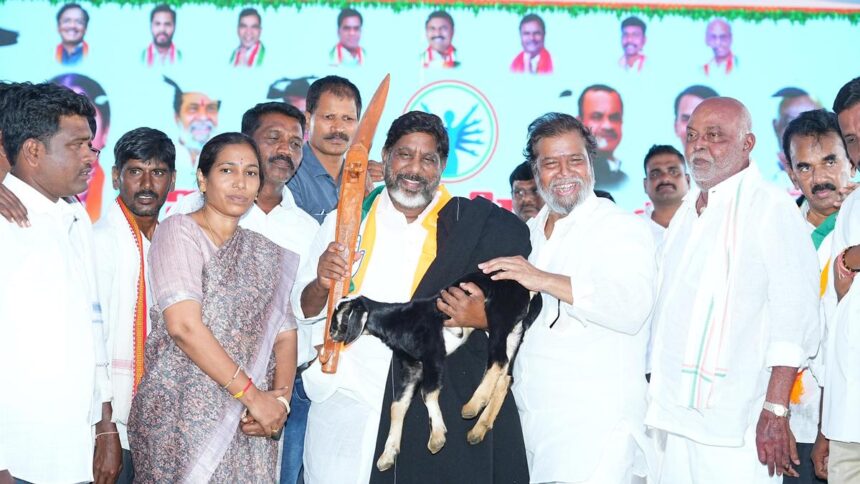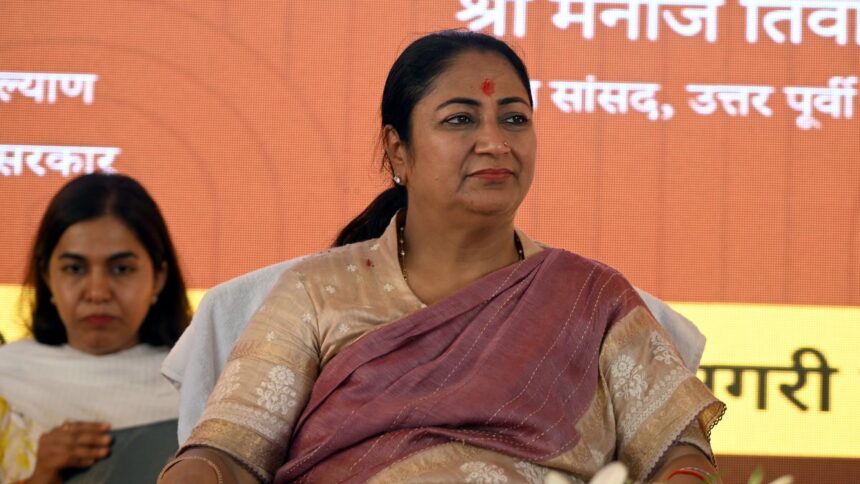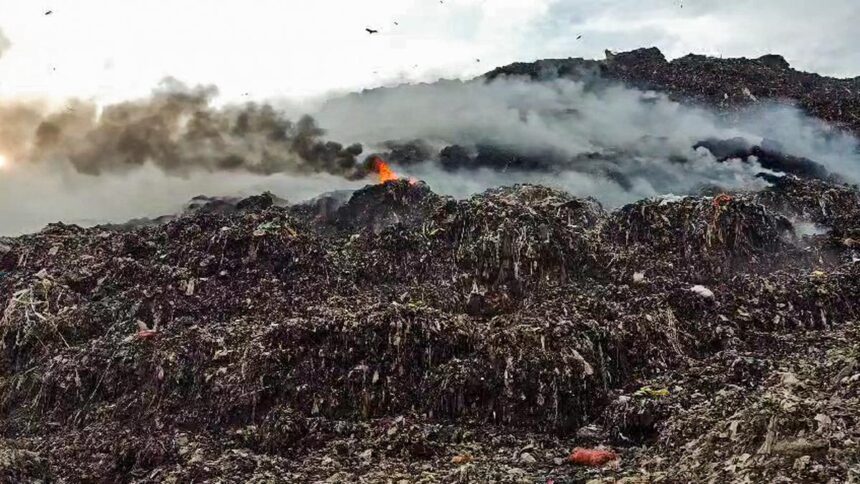The Health department, through its latest scheme of “Nalam Kaakkum Stalin” (NKS), may have reached out to 44,418 persons through health camps but certain sections of its public health workforce are not only weighing the pros and cons but are also wondering how an already stretched healthcare sector can cope. On Saturday, as the camps kicked off across the State, there were widespread technical snags as the Health Management Information System (HMIS) portal slowed down and the diversion of doctors from nearby government hospitals to the camps disrupted services at some institutions.
According to official sources, an internal assessment of the camps showed that it had both benefits and shortfalls. Getting health checks for various specialities and laboratory investigations under a single roof as well as getting test reports on their mobile phones got positive feedback from the public in many districts. Services and certifications for persons with disabilities and issuance of Chief Minister’s Comprehensive Health Insurance Scheme cards were a welcome move.
But there were a number of shortfalls too. One of the main observations was how diverting doctors and diagnostic facilities from government institutions to the camps affected services at those hospitals. Another issue was technical snags and poor network connections that slowed down processes, resulting in longer waiting period for the public.
In an open letter to the Health department, a government healthcare professional questioned “the rationale behind launching another massive, resource-heavy initiative like NKS when initiatives such as Makkalai Thedi Maruthuvam (MTM) have already achieved significant outreach – the scheme has reached millions across the State in identifying, screening, and managing chronic conditions at the doorstep of people.
Expressing concern about the mode of delivery, he said, “While camps can play a role in targeted outreach, converting a well-functioning public health system into a camp-centric model may cause more harm than good. We have a robust network of Primary Health Centres (PHC), government hospitals, and medical colleges that are already stretched thin. Redirecting specialists, paramedics, and diagnostic facilities from these institutions to one-off mega camps risks undermining the daily functioning of these critical establishments.”
In fact, a medical officer said that not all GHs have cardiologists, and diverting those available to NKS camps will only add to the existing troubles. The healthcare professional, in the letter, posed a number of questions : What is the incremental benefit of this camp model over the ongoing MTM programme? Has an impact evaluation been conducted to justify another door-to-door/camp-based programme? Who will attend to the routine patients at PHCs, GHs, and tertiary centres when the human resources are pulled for camps? Is there an assessment of the manpower cost and opportunity loss?
Introducing HMIS 3.0 for data capture during NKS camps may lead to operational chaos as was evident on Saturday, doctors said. These camps often cater to 800–1000 beneficiaries in a single day, requiring efficient crowd movement, timely consultations, and uninterrupted service delivery. Forcing real-time data entry through a partially functional system like HMIS 3.0 in such settings can result in service delays, inaccurate data, and increased workload on already overstretched staff. HMIS 3.0, which aims to strengthen digital health data systems, is still in the early stages of implementation at the PHC level, and faces significant challenges. In many PHCs, the system has not been rolled out or is only partially functional. Even in pilot districts, staff encounter difficulties such as limited training, frequent server issues, poor internet connectivity, and an unfriendly user interface, all of which hinder effective data entry and real-time reporting, he said.
The focus, he said, must be on strengthening existing systems, ensuring adequate human resources at health facilities, uninterrupted supply chains, effective referral systems, and proper follow-up for those already screened under MTM or other NCD programs. “As public health stakeholders, we urge the Health Department to reassess the strategy,” he added.
A doctor said, “Power supply and network connection were not proper at my camp site. Sending specialists to camps will disturb the smooth functioning of hospitals.” he added.
Published – August 06, 2025 12:08 am IST





















